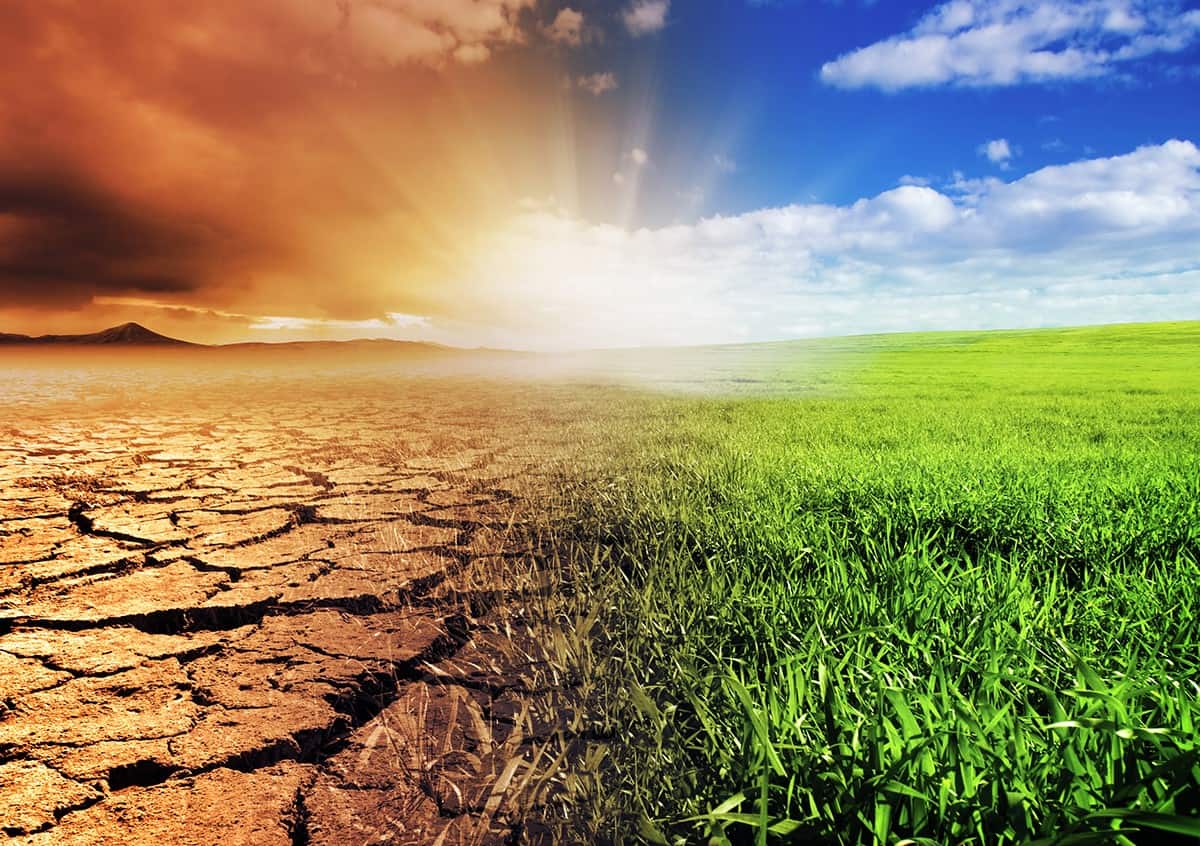Promoting climate change adaptation and mitigation

Nigeria’s satellites can also contribute to the global efforts to understand and address the challenges of climate change. They can provide data and analysis on greenhouse gas emissions, temperature changes, rainfall patterns, sea level rise, and other indicators of climate change and its impacts on the environment and society. This can help in developing and implementing strategies and actions to adapt to changing conditions and reduce greenhouse gas emissions.
According to reports the NigeriaSat-X satellite has been used to monitor deforestation and forest degradation in Nigeria and support the REDD+ (Reducing Emissions from Deforestation and Forest Degradation) initiative.
The Nigerian Communications Satellite (NIGCOMSAT) Limited was incorporated as a limited liability company in April 2006. It is a company under the auspices of the Federal Ministry of Communication Technology. NIGCOMSAT Limited is responsible for the operation and management of Nigerian Communications Satellites starting with NIGCOMSAT-1 which was launched in May 2007 and de-orbited after 18 months. It was Nigeria’s first step at harnessing the space environment, particularly in space for economic and technological benefits.
A replacement satellite, NIGCOMSAT-1R which has the same features but with a few modifications as NIGCOMSAT-1 was launched in 2011. On November 11, 2008. NigComSat-1 failed in orbit after running out of power due to an anomaly in its solar array.
This was not the first effort by Nigeria in this regard. There was NigComSat-1, which was launched on May 13th, 2007 but was deorbited on November 10, 2008. NigComSat-1 failed in orbit after running out of power due to an anomaly in its solar array. NigcomSat -1R will replace NigconSat-1 which was deorbited after it was successfully launched in 2007. NigComSat-1R was therefore a replacement for the failed satellite.
This was in line with the contract that was signed in 2004 by the Federal Government of Nigeria and China Great Wall Industry Corporation which provided all aspects of in-orbit delivery of a satellite to an international customer. This included satellite manufacture, launch services, ground station construction, project financing, insurance and training. This means that insurance companies and the Chinese Corporation financed the satellite project. On the 10th of November 2003, the Federal Government of Nigeria at its FEC meeting concluded that the NIGCOMSAT project is a national priority project and a critical ICT infrastructure for; alleviating poverty, bridging the digital divide; cost-effective solution to the ICT requirements of the nation and affordable access to information and communication for the environment in Nigeria and the African continent in general.
Nigeria’s national space agency, the National Space Research and Development Agency (NASRDA), is in charge of NigeriaSat-X, an optical imaging satellite that was launched in August 2011.
The satellite was launched to support monitor, monitoring of agriculture, and disaster management.
Nigeria’s satellites have been praised for their high-resolution images and their applications in various fields such as urban mapping, oil spill detection, land use change, hydrology, crop production, forest monitoring, and security monitoring.
Nigeria has a vision to send a Nigerian astronaut to space by 2030, as well as to manufacture and launch its satellites from a spaceport located in Nigeria. However, these goals have been met with scepticism and criticism by some experts and Nigerians, who question the feasibility, relevance, and priority of such ambitious projects when many Nigerians still live in poverty.
Nigeria’s space program faces several challenges and opportunities, such as funding constraints, lack of infrastructure and human resources, international cooperation and competition, and the need to align its space activities with the socioeconomic development of the country. Nigeria’s space program also aims to promote STEM education and research and to contribute to global efforts in addressing climate change, disaster management, and peace and security
